Last week I offered wqc/innuendo as a "display [that generally] deals with the 'language' and meaning of architectural planimetric forms, while specifically [displaying] the 'master key' that unlocks the long held mysteriousness of Piranesi's Ichnographia Campus Martius." Take another look at wqc/innuendo/0001.htm because you will see a 'building' that is both literally and figuratively conception. This tiny building is indeed one of the few plans within the Ichnographia that Piranesi does not provide with a Latin label, and that is because the building, through its plan, already speaks for itself, and, moreover, it speaks of all the 'concepts' there involved, namely, Piranesi's conception of architectural language and the very conception of Rome [Romulus] itself. Piranesi's architectural intensification here is so tight to the point that indeed the medium is the message. And I now wonder whether it might be more worthwhile to seek a language of architecture where the medium is the message, or is such a 1=1 language the same as "a language of architecture that goes beyond appeals to a metaphorical sense of 'language'?"
To: architecthetics
Subject: Do dictionaries help us understand?
Date: 2000.12.23
Tad offers:
So, let me offer an experimental definition of 'concept.' A concept is the result of an insight, and the base for a word, an explanation, or a design. First, it's the result of an insight. That is, it issues from the act of understanding, getting the point, grasping an order, putting two and two together, designing, interpreting, getting an answer to questions Why or How. The insight is an event, an occurrence. You get my meaning here not by looking up all my words, but by consulting your experience of understanding anything.
Steve asks and states:
Tad, did not your experiment above just reenact the general definitions of the Latin 'concipio', the word from which the English word concept comes from?
The definition of 'concipio' is to take or lay hold of, to take to one's self, to take in, take, receive, and (1B1) to take or receive fecundation, to conceive, become pregnant, and (2A) to take or sense or seize something by the sense of sight, and (2B1) to perceive in mind.
Is not your "result of an insight" a reenactment of "to take or sense or seize something by the sense of sight," and is not your "grasping an order" a reenactment of "to take or lay hold of," and is not your "putting two and two together," a reenactment of "to conceive, become pregnant?"
Can you honestly say that your experiment did not just repeat the Latin 'understanding' of 'concipio'?
For me, your experiment did not reveal anything new about 'concept', rather something very old about 'concept'.
For what it's worth, I am looking at the Latin words 'concipio' AND 'capio' (whose definition is like 3 pages long) to first find out where words and meanings came from. If a heightened understanding emerges from this research, so much the better. Even without some newly arrived at understanding, at least I will have learned the 'history' of the words. It is already very clear to me that this research into the 'origins' (and I'm using this word here more for convenience, rather than for philosophical reasons) of 'concept' is indeed a fecund and fruitful thing to do.
Tad, that's one experiment done. I think we would all benefit if you conducted several more.
| |
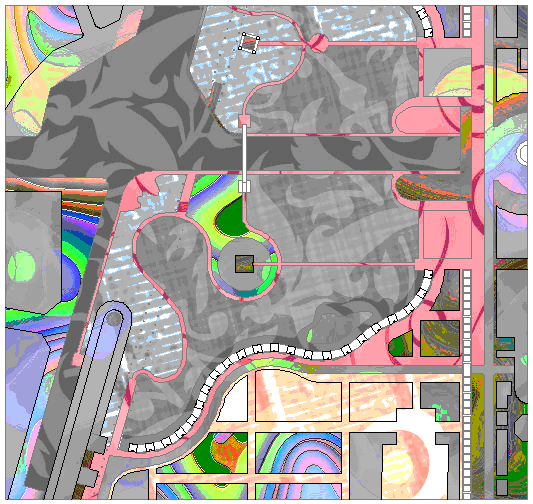
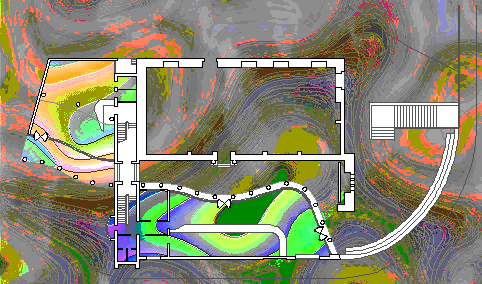
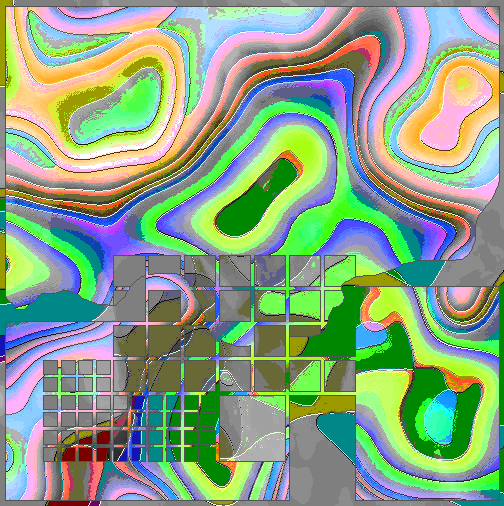



| |
2015.05.31 18:09
31 May
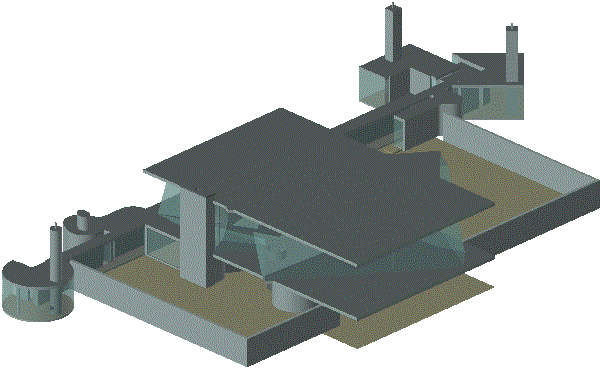
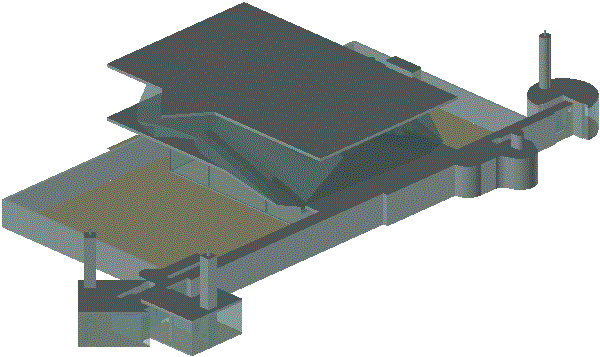




Mies van der Hejduk House Quondam
|











